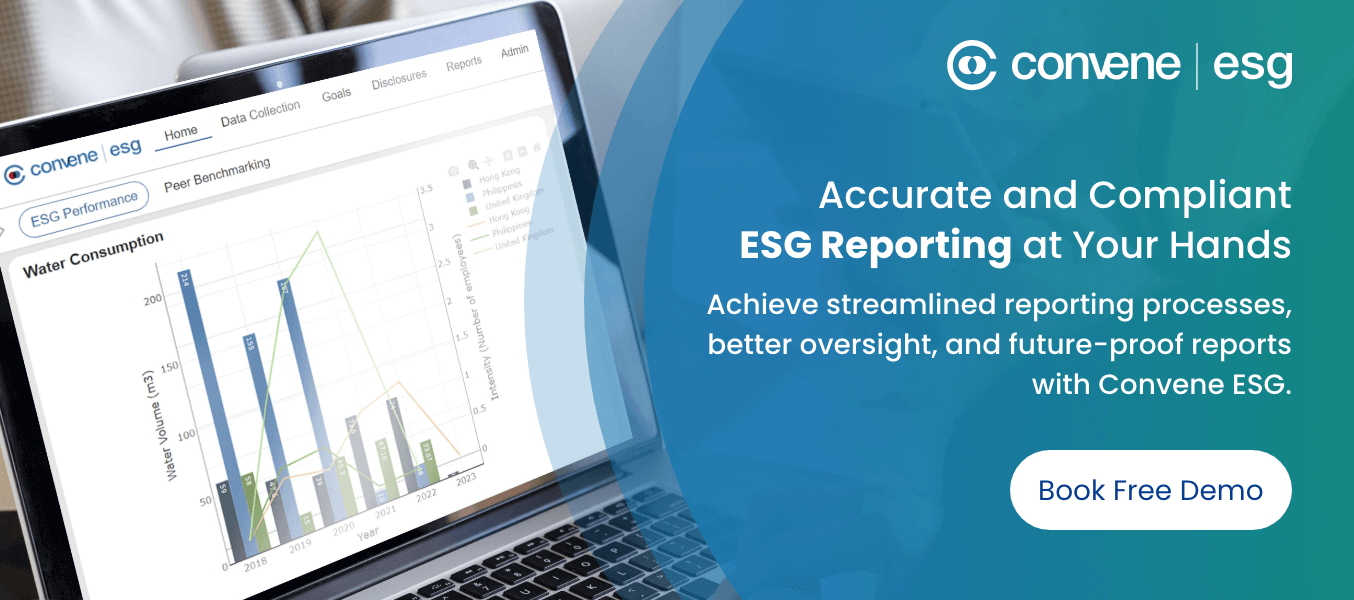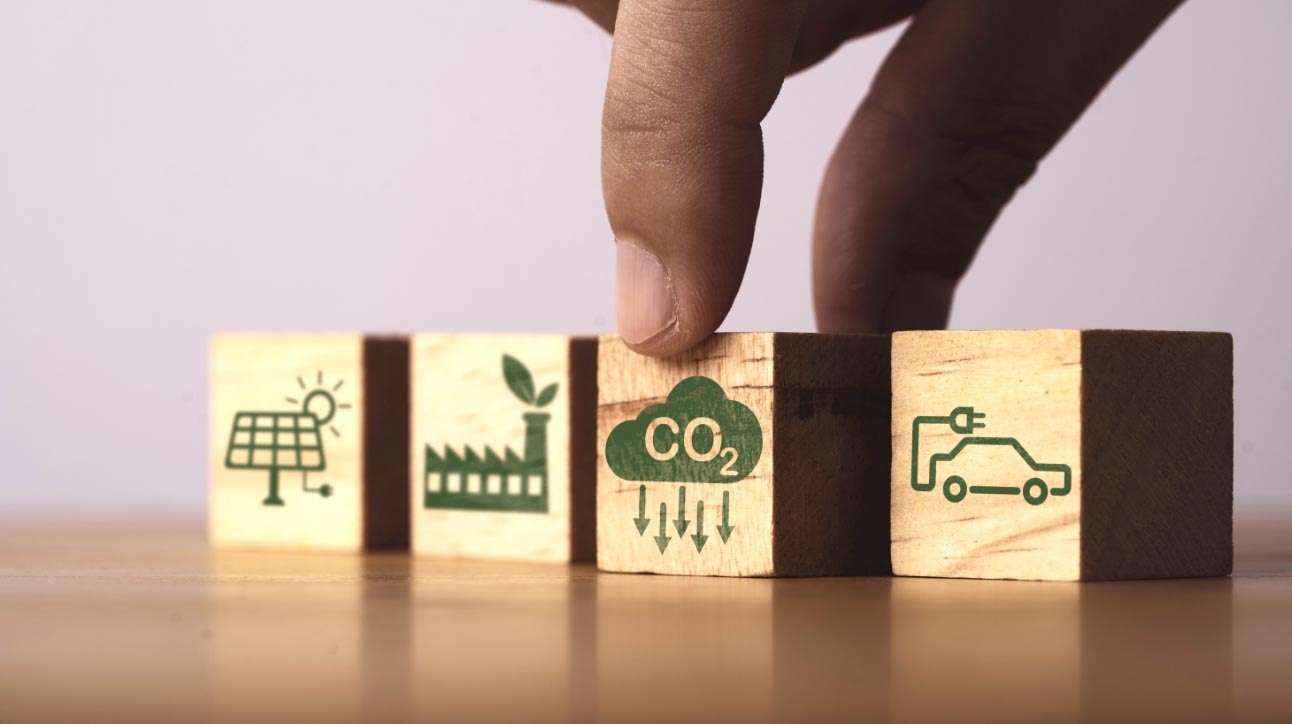Last March 2019, the United Nations claimed that humankind has only 11 years left to reverse the effects of climate change and save the future generation. By now, there is ample information and awareness on climate change for an entire population to modify their lifestyle. It is the perfect time to educate yourself and the people around you to implement practices that could help replenish and maintain natural resources for the benefit of all. You and your company have the power to help save the future generation.
What are the economic impacts of climate change?
Each generation has the power to change the economy. Gen Z has powered up the media, while Gen AA has a lot of potential in shifting the current economy. But as the effects of climate change worsen, the chances for economic growth also deteriorate. Climate change negatively impacts infrastructure, properties, health, and productivity levels. Today, it is experienced globally through extreme weather inconsistencies, warmer temperatures, and the rise of sea-levels. No one is exempted and no one can control it.
The biggest rain forest in the world burned for weeks while the world stood still. The Brazilian Amazon is home to numerous species of flora and fauna. Annually, it absorbs 5% of worldwide carbon emissions but the widespread fires reversed this purpose as it produced alarming rates of carbon dioxide emission per day. As negotiations are taking place to save the Amazon, Greta Thunberg, a 16-year- old Swedish climate activist has claimed the spotlight through her call-for-action speech to combat climate change. She had every reason to do so as climate change continues to put everyone at risk, especially the economic status of every country. According to The New York Times, a warmer planet would have a great impact on G.D.P. up to the succeeding years. A warmer planet could replete agricultural lands, flood roads, flood infrastructures, and require more funding for adaptive measures in all levels of the society.
Why do you need to combat climate change?
Businesses could incur losses due to changes in resource availability and cost, demand, and regulations. As a responsible leader and member of the company, you can oblige everyone to adopt environment-friendly practices that could save you from the profound impact climate change has in store.
To be one with environmental conservation, companies are required to at least acknowledge corporate responsibility and sustainability. This, in turn, legitimizes their initiatives and attracts more investors. Forbes has predicted that investors will continue to pour interest in environmental initiatives and implored that companies should step up their game. Part of this responsibility is the environmental sustainability initiative wherein companies practice eco-friendly processes and sponsor green projects.
While doing all of these, companies could obtain a social license to operate, which means that the community will approve of them. Although this is not an actual license, the approval of society is necessary for a business to flourish. Some other benefits include cost-cutting, improving brand image, and obtaining a competitive advantage.
How can you save the future generation?
As an umbrella term, environmental conservation takes on many forms. It could be about directly protecting the environment or practicing methods that help conserve the environment. Companies could practice the latter by committing to environment-friendly strategies. If you want to start now, here are some tips in environmental conservation that you can adapt:
Conserving Resources
Renewable and non-renewable resources are both necessary to continue daily operations in any company. Renewable resources such as wind energy, geothermal energy, and water are used daily to sustain the economy. One way to conserve resources involves purchasing or producing reusable products. Consumers prefer low-cost eco-friendly bags as it minimizes the use of plastic and paper. Purchasing reusable products for your company would also minimize acquisition and supply costs. To do this, you need to ensure that your company partners with eco-friendly and reliable suppliers.
If you are a restaurant owner, you could embody the said solution by choosing ingredients that are in season, while also adjusting your menu. You could train your staff to practice going green and turn it into a habit. One way to start is by orienting them about the cause and rewarding them for achieving their milestones.
Non-renewable resources such as oil, natural gas, and coal are often used in transportation, heating, and electric power production. Carpooling and mass transportation could help lessen the use of such resources. If your employees travel considerable distances to go to work, you can introduce them to said methods. You can adjust the company policy regarding transportation and also schedule the use of electrical appliances in the office if necessary.
If you own a courier company, you could practice more efficient ways of delivery by integrating digital technology into their system. This could help reduce the time spent in tracking locations and delivering parcels through GPS and other logistical properties.
Practicing 3Rs (Reduce, Reuse, Recycle)
It is estimated that 4.40 pounds of waste per person is generated daily. Since the accumulation of waste is difficult to avoid, the need to globalize 3Rs (Reduce, Reuse, Recycle) was realized. In detail, “reducing” begins by examining your consumption and waste generation. Afterward, you should identify which ones are unnecessary. “Reusing” simply entails that you should learn how to reuse items like the back of a paper and not immediately throwing it away. Lastly, “recycling” suggests that transforming the purpose of an object like turning drinking bottles into jars should be done.
Although it may seem simple, the process will begin after learning. You may start with a seminar focused on environmental conservation and workshop the company plan after the learning process. Starting to procure environment-friendly materials for the office such as recycled bags and kitchen utensils could also mark your journey to environment-friendliness. You may practice the use of dispensers and initiate a bring-your-own-mug to work program to reduce the use of disposable materials.
Another part of 3Rs is the segregation process. As you are already aware, there are several ways to segregate trash. Two of these methods are color-coding your trash bins and labeling them with glass, plastic, paper, and organic and the two-way segregation between biodegradable and non-biodegradable waste. Note that this is also part of the reduction process that enables you to distinguish between reusable and recyclable items.
If you are planning to expand your business soon, you may also opt to partner with environment-friendly suppliers to use eco-friendly materials in your new space. This will diminish the use of toxic materials and ensure the safety of your employees.
Going Paperless
You can integrate e-processes in your business and reduce the time of preparation and implementation of projects by going paperless. Papers are primarily used for reports, communications, and contracts, which is why it has become an integral part of businesses. A study estimated that about 800 million pounds of paper are used in the U.S. daily, which is enough to build 25,000 houses. People spend a lot of money on paper, but today, it is possible to reduce this cost by switching to software solutions, electronically processed documents, and digital filing systems.
Digital filing systems and electronically processed documents go hand in hand. You can start by scanning existing documents to file and access them more efficiently. This is going to take some time but once you establish a database, new documents will be easier to scan and file. You can invent a filing system that suits your company or partner with experts to obtain an efficient database.
Software solutions vary from internal communication systems to sustainability reporting solutions. By procuring internal communication systems, your company will be able to secure all of your communications and avoid data leakage. Sustainability reporting solutions, on the other hand, are mostly utilized by future-forward companies that are striving to perform better in terms of sustainability.
Convene ESG: Creating More Impactful ESG Goals and Reports for Smarter Climate Change Response
Rising costs and risks in the supply chain due to climate change are drastically affecting businesses worldwide. For businesses that want to take action and fortify themselves from the economic impacts of climate change, creating accurate ESG reports is encouraged. Not only does ESG reporting shed light on the sustainability activities and goals of the company, but it also supports corporate responsibility and future-proofing plans.
At Convene ESG, we understand the challenge of generating outstanding ESG reports. With our ESG reporting software, you can effortlessly digitalize your sustainability journey—from collecting relevant data to crafting the best report narratives—and strategize on how your business can better prepare for a more sustainable future. Find out how Convene ESG can streamline your sustainability journey.
Lovely is currently the Global Product Marketing Manager of Azeus Convene with experience and proficiency in a variety of roles in product management and marketing, sales, and account management. With her expertise, she is now also handling Convene ESG where she is responsible for ensuring product-market fit, studying ESG provisions, building GTM strategies, and overseeing all Convene ESG campaigns. Lovely earned her Bachelor of Science degree in Business Administration from the University of the Philippines Diliman, one of the country’s most prestigious universities.














